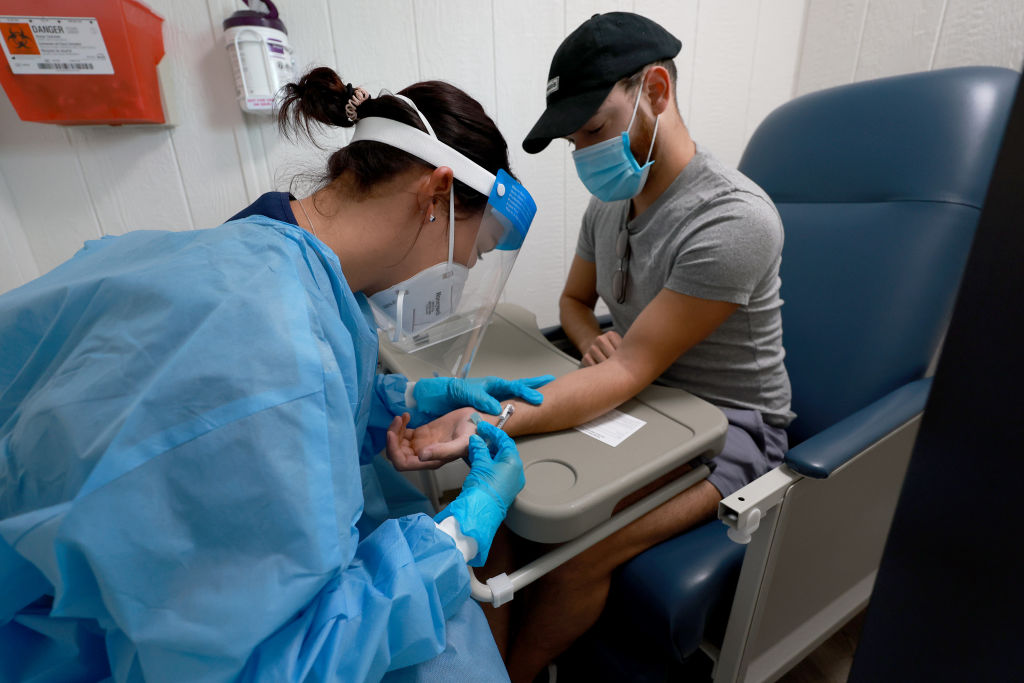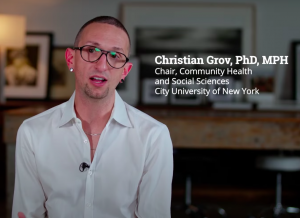A study by CUNY SPH researchers found that, even as availability of the mpox vaccine increased toward the end of the 2022 outbreak in the U.S., uptake remained low.
The large-scale study surveyed 8,551 people who identified as sexual and gender minorities and found that by November 2022, when most of the vaccine’s availability and distribution obstacles had been cleared, 65% of participants remained unvaccinated and only 2.3% reported a prior mpox infection.
The team of researchers from the CUNY Institute for Implementation Science in Population Health (ISPH), the University of Florida, and the Florida International University worry this leaves many among this population vulnerable to infection in the event of another outbreak.
“The 2022 outbreak was a very scary time for those most vulnerable to mpox, and we saw a strong community response to increase vaccine uptake as well as taking measures to prevent infections,” says Professor Christian Grov, the study’s first author. “But as the outbreak waned, so did the urgency to take protective measures. And while mpox is no longer an emergency, it is still circulating with cases having popped up in the U.S. and Europe. Should another outbreak happen, our data tell us that a majority of people may not have protection.”
The findings also revealed that Black participants were significantly less likely to be vaccinated and that vaccine hesitancy increased among Black participants over time. In fact, among all participants who had not yet been vaccinated, intention to get vaccinated decreased as the outbreak evolved. Researchers observed trends such as decreased worry about mpox and less engagement in risk reduction behaviors over time.
“Before the mpox vaccine was widely available in the States, people largely changed their behavior to avoid infection—reducing sexual partners, learning to recognize symptoms, and engaging in contact tracing,” says Distinguished Professor Denis Nash. “But these behavior changes subsided as the outbreak waned, and mpox vaccine uptake remained low, especially among Black participants. This leaves these individuals at risk in the likely event of an mpox resurgence.”
“The public health response to such a resurgence should focus specifically on optimizing vaccine uptake in ways to eliminate racial and ethnic disparities,” Grov says.




